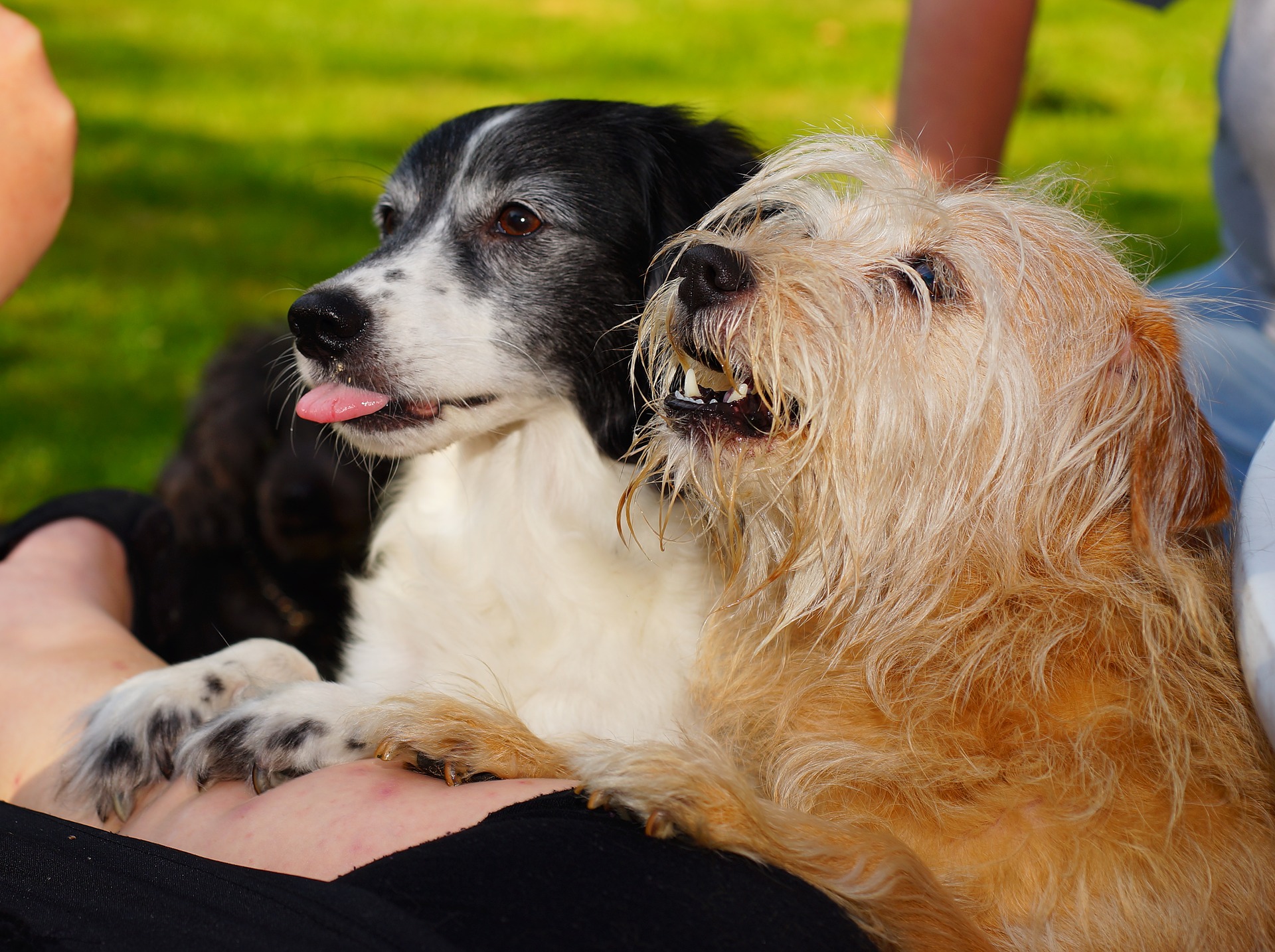Giving food rewards while training encourages your dog to perform a behavior and reinforces positive associations with listening and performing well. In most cases, treats are the easiest and most effective type of reward; however, some pups aren’t easily motivated by food. In these cases, you should try to identify why they aren’t food motivated, and then find a different method of praising your dog in order to train them successfully.

Causes of Lack of Food-Motivation
Food is essential for survival. The desire for food, especially in opportunistic eaters like dogs (animals who evolved needing to constantly search and scavenge for food) is instinctual and should be a priority. Therefore, it is important to understand why your dog may be refusing treats when they’re offered.
First, investigate any health problems. If your dog refuses to accept food or treats, especially ones that they have enjoyed for years, there may be an underlying health issue present. Several different diseases such as pancreatitis, inflammatory bowel disease (IBD), or cancer can cause loss of appetite and aversion to food. Visit your vet if you have concerns about your dog’s eating habits, as there are various methods of symptom control and disease treatment that your vet can offer to revive your pup’s appetite.
Once you’ve determined that your dog is healthy, consider your dog’s personality as well as how treats have been used for them in the past. If your dog is newly-adopted or if your family has experienced a recent change in routine, your dog may be feeling anxious. Have treats been used to lure or trick your dog into a situation that is stressful for them, such as being forcefully placed in a bath or crate time-out? If you use the same treats during training as you do during these “negative” experiences, a dog will associate being offered treats with bad outcomes, and thus will not want to perform for the food. Be as gentle and rewarding as you can in all training situations, and try to use different treats for each scenario.
Some dogs are picky eaters. If generic training treats or bones aren’t cutting it for Fido, try something a bit tastier–small pieces of grilled chicken, cheese, or blueberries may do a better job of enticing your dog to learn and perform the behaviors you want.
Training Without Treats
In some cases, a dog simply prefers another form of reward than treats. If you’ve ruled out any health issues and distractions and still your dog seems uninterested in treats during training, use something else they enjoy! Toys, praise, and fun, short games can all be used as replacements for treats.
Try This: Hold their favorite toy in front of them when teaching them a new trick. Once they’ve performed it correctly, reward them with verbal praise and give them the toy. Allow them to play with it for a couple minutes before retrieving it and repeating the trick. While this form of reward takes longer than providing treats, it helps to keep training fun for your dog and will be a time of day that they look forward to. It forms an extremely positive association with learning and performing tricks, since your pup will come to understand that training means lots of games and attention from you.
In the end, finding what gets your particular pup’s attention is the key to successful training. Whether they are food-motivated, or want to learn because it pleases you – use their own personality to your advantage. Looking for help with training? Call Gulf Coast K9 Dog Training today.




